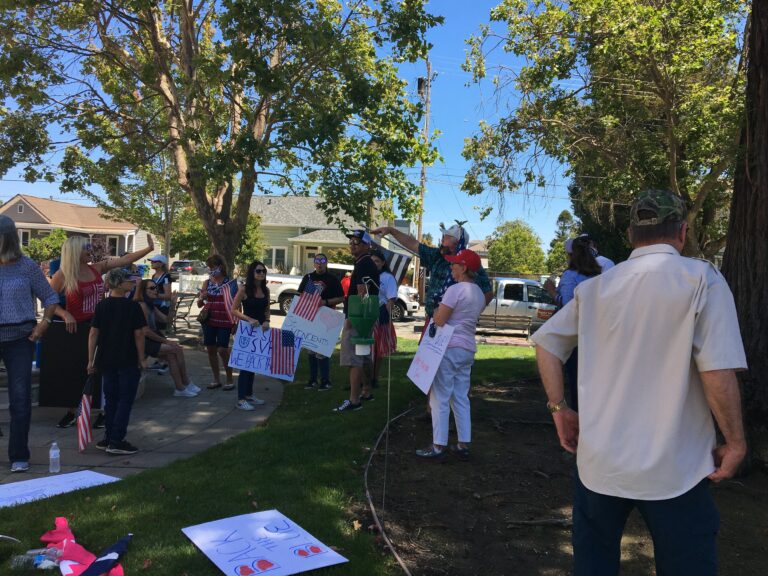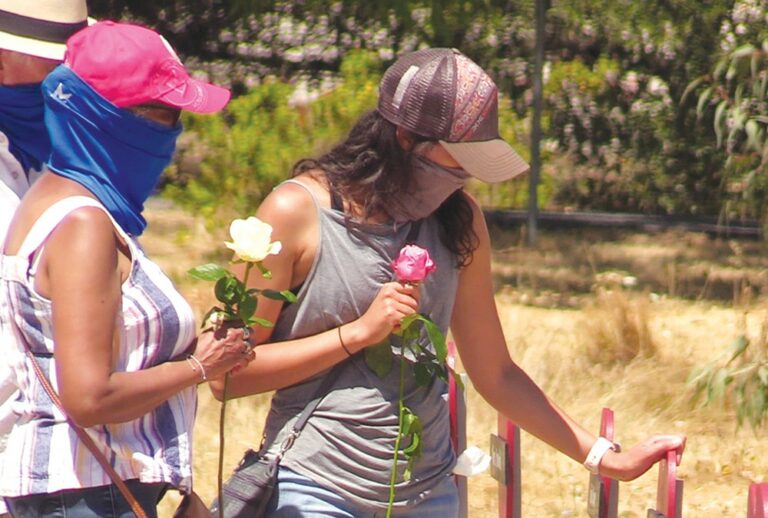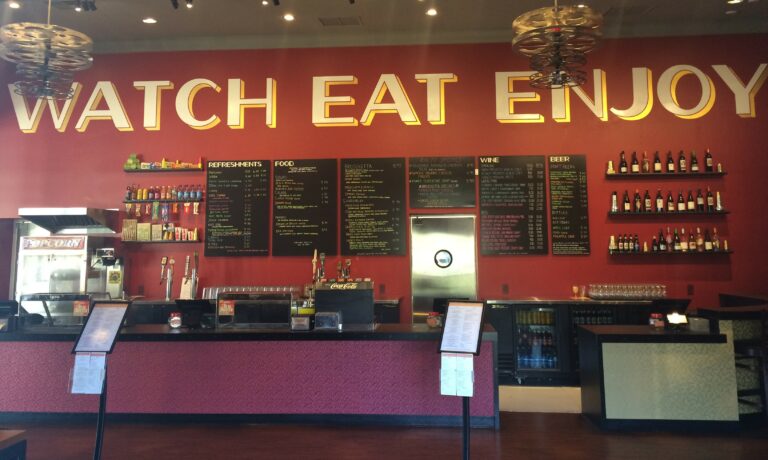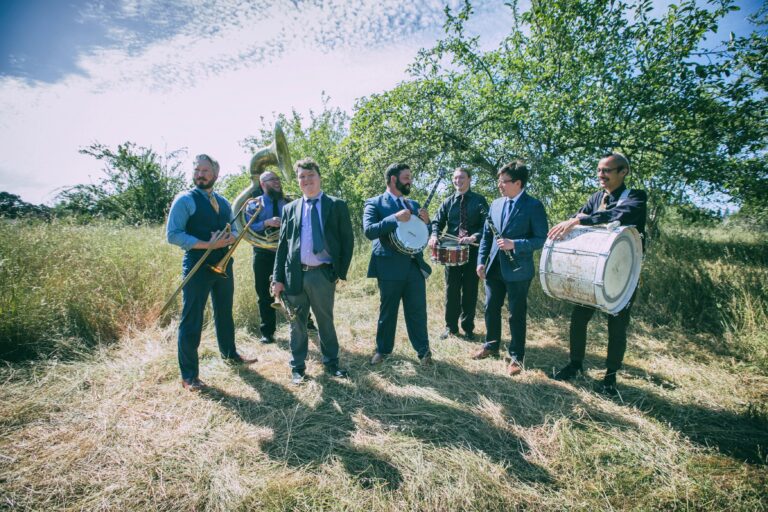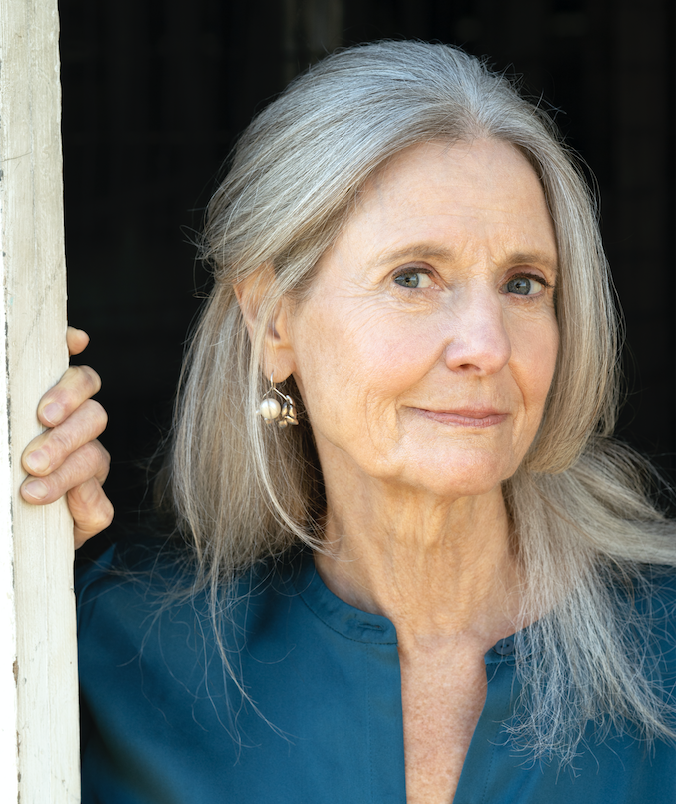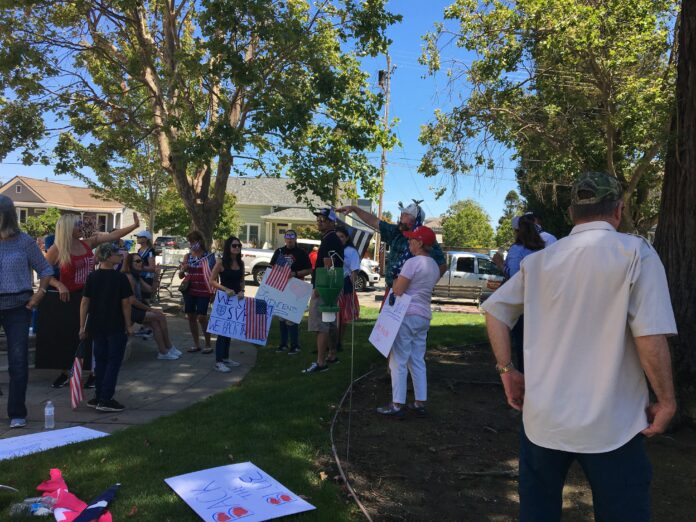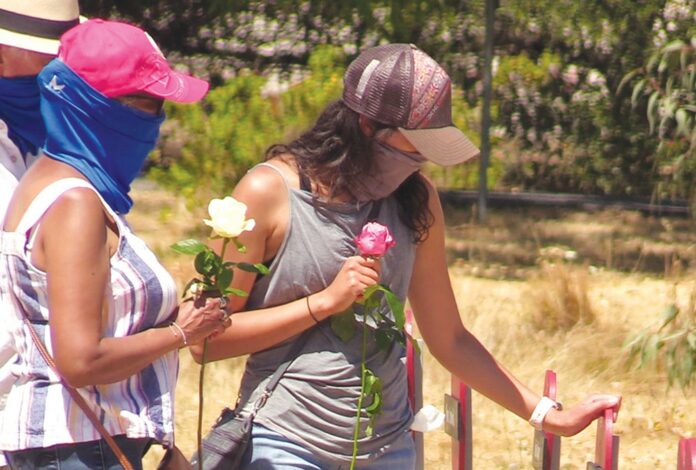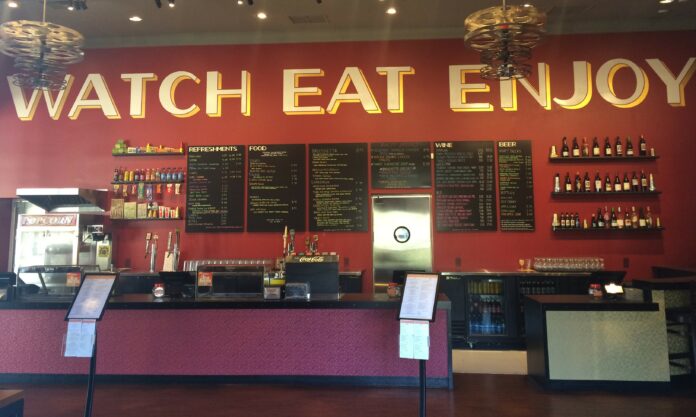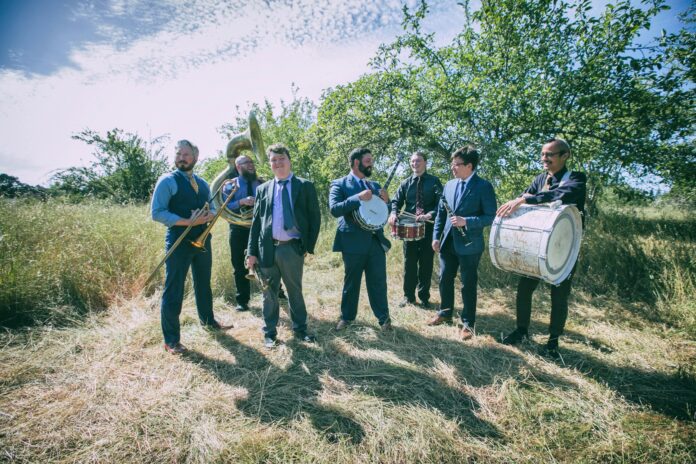Wine Country views and world-class music come together each August in the Napa Valley for the Music in the Vineyards chamber music festival.
For 25 years, the nonprofit organization, which hosts fundraising events throughout the year for its musical outreach programs, showcases dozens of artists performing at several winery venues throughout the region.
This August, the 26th annual Music in the Vineyards is forced to move out of the fields and onto the internet, with a virtual iteration of the popular fest, Music in the Vineyards @ Home, streaming via YouTube for free beginning Aug. 5.
The online festival boasts a strong lineup of performers and winery venues partnering together to continue the event’s tradition of pairing wine and music in an intimate setting.
Music in the Vineyards @ Home presents each of the festival’s dozen concerts streaming online at the dates and times of its original concert schedule, running on select dates Aug. 5 through Aug. 23. All streaming concerts will remain online until Aug. 31, and all will be available to watch for free; donations will be accepted in lieu of tickets to help provide funding for the participating musicians and to help plan for a live festival in 2021.
Each concert will feature a unique winery venue, which will each offer discounts for festival patrons to wine order online to enjoy with each performance streamed.
Artistic Directors Michael and Daria T. Adams will introduce each evening’s performance, and the streaming concerts will also include interviews with the musicians, winemaker conversations and other surprise extras.
On Wednesday, Aug. 5, Music in the Vineyards @ Home Festival opens with selections by and inspired by Johann Sebastian Bach, the German composer and master of the Baroque era whom festival organizers write is “the go-to composer for musicians who are sequestered alone.” Broadcast at 7:30pm and hosted by Napa Valley’s picturesque Domaine Carneros winery, the concert begins with a performance of Bach’s “Suite No. 3 in C Major” by cellist Tanya Tomkins. Then, pianist and composer Michael Brown and cellist Nicholas Canellakis perform Brown’s original composition, “Prelude and Dance.” Finally, Music in the Vineyards favorites the Pacifica Quartet perform Felix Mendelssohn’s “String Quartet Op. 44, No.1.”
On Friday, Aug. 7, Leap Frog Winery hosts a streaming concert that musically travels to France to examine classical works by composers such as Chevalier de St-Georges—classical music’s first known composer of African descent—as well as French superstar composers César Franck, Claude Debussy and Maurice Ravel.
On Saturday, Aug. 8, Music in the Vineyards @ Home presents an evening of music, this time presented with host winery Charles Krug, which focuses on a theme of “Virtuosity.” Masterful performers such as the San Francisco–based Thalea String Quartet musically present that notion of expertise, with selections including “Dimensions for String Quartet” by contemporary European composer Garth Knox and the famously difficult Paganini Caprice No. 5 for violin played on the viola by Canadian musician Pierre Lapointe.
Sunday, Aug. 9, features a concert presented in partnership with Chimney Rock Winery that is dedicated to the memory of those who have recently died, with plaintive music from Bach and two Laments from the British Isles.
Many other international artists and acclaimed wineries join the Music in the Vineyards @ Home Festival during the remainder of the online schedule, and a full list of shows and performers can be found online, as well as winery-discount deals from participating venue hosts. Tune in to the free virtual festival on the MITV website and on YouTube.


